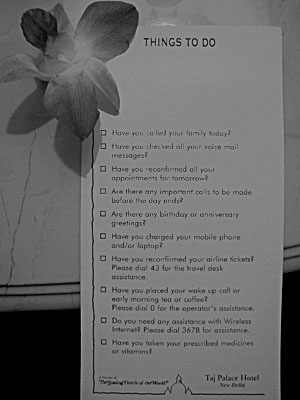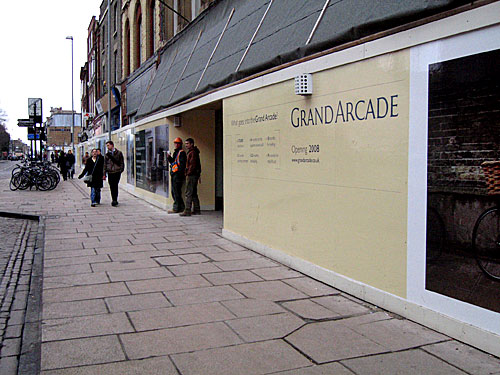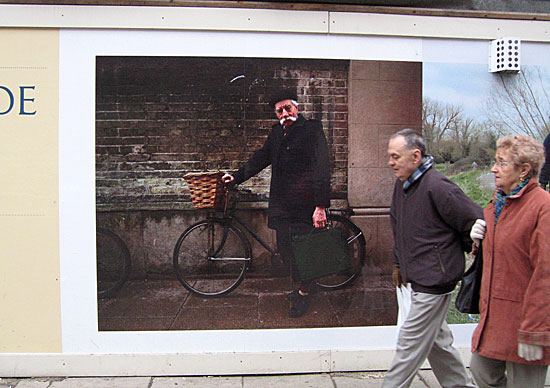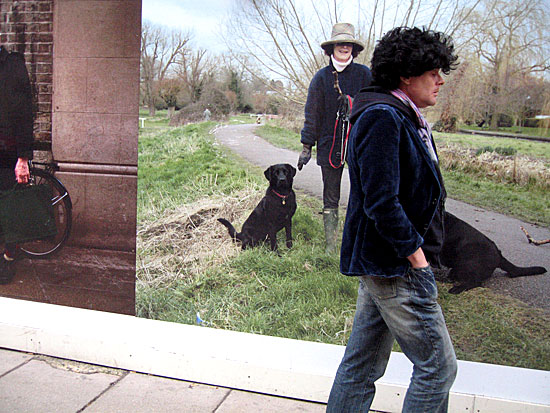This really is the end of an era. Western Union has transmitted its last telegram.
STOP: After 155 years in the telegraph business, Western Union has cabled its final dispatch.
The service that in the mid-1800s displaced pony-borne messengers has been supplanted over the past half-century by inexpensive long-distance telephone service, faxes and e-mail. In a final bit of irony, Western Union informed customers last week in a message on its Web site.
“Effective January 27, 2006, Western Union will discontinue all Telegram and Commercial Messaging services,” said the notice. “We regret any inconvenience this may cause you, and we thank you for your loyal patronage.”
The terse notice, confirmed Wednesday by Victor Chayet, a spokesman for the Greenwood Village, Co., unit of First Data Corp., was in keeping with telegraphese, the language customers devised to hold down costs. Sentences were separated by “STOP,” which was cheaper to send than a period, Chayet said.
Thus ends a comms channel that has given rise to more than its fair share of jokes.
Like the American news reporter who, upon arriving in Venice, cabled: “STREETS FLOODED STOP PLEASE ADVISE”
Or the time when Cary Grant got a telegram from a magazine fact-checker: “HOW OLD CARY GRANT QUERY”. He replied: “OLD CARY GRANT FINE STOP HOW YOU QUERY”.
Tom Standage, Technology Editor of the Economist, wrote a nice book about the telegraph entitled The Victorian Internet.
Pete (who corrected the Venice quote, above) reminds me of Evelyn Waugh’s wonderfully comic use of telegraphese in his novel, Scoop, e.g. this dispatch from the hapless war correspondent, William Boot, in response to a series of urgent demands from Head Office for dispatches from the front:
PLEASE DONT WORRY QUITE SAFE AND WELL IN FACT RATHER ENJOYING THINGS WEATHER IMPROVING WILL CABLE AGAIN IF THERE IS ANY NEWS YOURS BOOT




